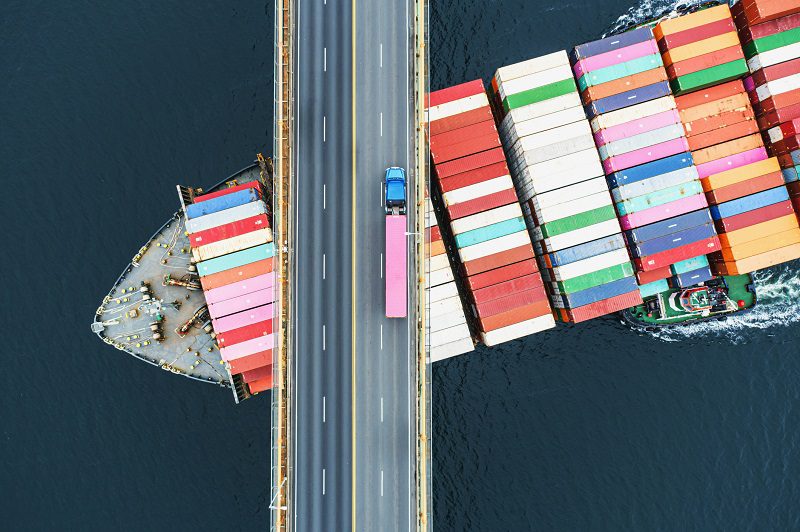How de-globalization will generate $33 billion in commercial premiums

Countries are starting to restructure their supply chains, a ‘de-globalizing’ phenomenon that could generate $33 billion in new global commercial P&C insurance premiums over the next four years, Swiss Re predicted.
In one example, ‘re-shoring’ supply chains means moving commercial plants and operations back to a local base to avoid international disputes, business interruptions, energy and food crises, Swiss Re noted in its newest sigma study, ‘Maintaining resilience: the role of P&C insurers in a new world order.’
This process involves building new local manufacturing and supply operations, which is expected to generate an additional $30 billion in global commercial insurance premiums by 2026, mostly through engineering, property and liability covers, according to Swiss Re.
Canada could be a loser in this re-shoring process, seeing -0.8% of its gross domestic product disappear, as other countries pull out of Canada to shore up their supply chains locally, Swiss Re predicted.
However, Canada may benefit marginally (a 0.02% gain in its GDP) through ‘friend-shoring,’ in which countries de-couple from China-based supply chain operations and re-locate those processes to areas controlled by reliable international trade partners. Friend-shoring could add an additional $3 billion in global commercial insurance premiums, according to Swiss Re.
“In a multi-polar world in which advanced market manufacturers re- and/or friend-shore production, the advent of parallel and multiple supply chains with shifting suppliers and relocation of production facilities will make operational processes and trade in intermediate goods more complex,” the Swiss Re sigma study said. “Insurers can help.”
The process of de-globalizing the world’s supply chains will mean more emphasis on several kinds of commercial coverage going forward, Swiss Re predicted.
For example, business interruption and contingent business interruption policies can guard against supply chain interruptions due to physical damage to local plants and operations, while contingent BI protects against unexpected shutdowns due to covered events in other countries.
Coverage is also available for supply chain disruption where there is a delay in receiving products or goods from a named supplier, but no physical damage to a plant has occurred.
More specific non-damage business interruption coverage is available for delays due to pandemics, strike, civil unrest or military action, and/or where regulatory actions, political risk or disaster events lead to significant delay or disruption in receipt of products or services from a supplier, even when there is no physical damage at an insuredʼs own or a third-party location, as Swiss Re noted.
And political risk insurance is available to cover off events such as expropriation or non-payment by foreign governments.
Ocean marine insurance, which covers the international shipping of cargo, would likely see reduced market penetration as a result of the re-drawing of the trade map though re-shoring and off-shoring. Swiss Re predicted a US$2.6 billion decrease in marine premiums between now and 2026 as a result of increased re- and friend-shoring.
Likewise, trade credit insurance, which covers a lack of payment when exporting to trade partners, could take a US$3-billion hit over the next four years because of increased de-globalization.
Commercial property and engineering insurance would likely benefit from re- and friend-shoring, Swiss Re predicted.
“Re- and friend-shoring will generate investment in new infrastructure and production facilities in home/host countries,” the report said.
“Along with the build-up of local manufacturing facilities among import substitution countries under reshoring and export substitution countries under friend-shoring, we expect there will be a flourish in new infrastructure and factories investment and hence demand for engineering insurance, as 80% to 90% of global engineering insurance business is driven by construction,” the Swiss Re report read.
“At the global level, and offsetting the premiums loss in China as part of its production facilities close down, we estimate a one-time insurance demand effect of US$1.1 billion for engineering covers and US$15.5 billion for commercial property insurance premiums over five years, when the main advanced countries re-shore 10% of their manufacturing capacity back home.”
Feature photo courtesy of iStock.com/shaunl






